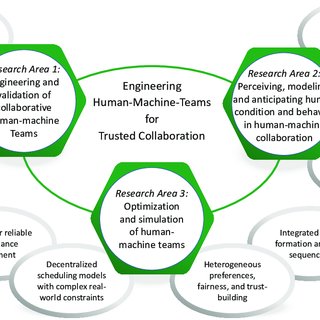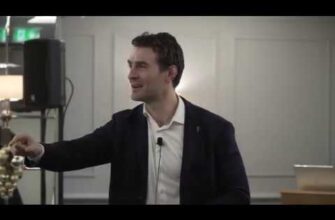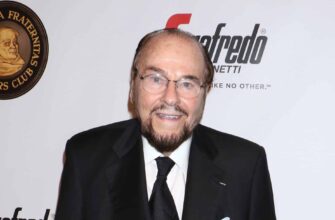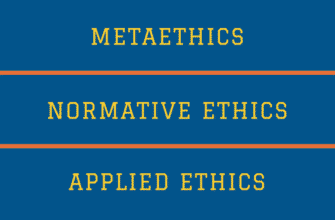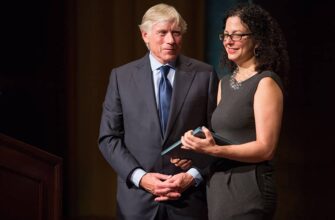I’ve been in a number of organizations where leaders proudly describe the workplace as a big family. I’m not necessarily talking about a family-owned business where employees really are family; these leaders are using it as a descriptive term for their culture. So I ask you, is a “family vibe” what we should aspire towards? Not if you’re a Grayson.
The ABC network has a primetime soap opera called Revenge. Don’t pretend like you haven’t seen it. Revenge consistently wins it’s competitive timeslot…so I know I’m not alone in watching it. For those of you too timid to admit it, this show follows Emily as she seeks vengeance against the Grayson family. It’s justified; the ethically apathetic Grayons are responsible for the false conviction and death of Emily’s father. In addition, the mother has an affair that lead to a ‘secret’ child, the son is blackmailing the father, you get the gist.
When a leader proclaims to have a family environment, I don’t think they have the Graysons in mind, but I’m not sure it matters. A few years ago, Netflix CEO Reed Hastings published a presentation on the culture of his company. This document has been viewed by almost 10 million people and was touted by Facebook COO Sheryl Sandberg as “the most important document ever to come out of [Silicon] Valley.” Included in this renowned presentation is the overarching philosophy behind Netflix’s culture:
We’re a team, not a family.
As first, this shocked me. I was taught that companies should aspire towards a “family feel”. Then I thought about the Graysons and every aspect of family that a workplace should avoid, including:
Sparing feelings. Families often protect others’ seemingly fragile emotional state by sharing half-truths, telling white lies, and sugarcoating uncomfortable issues. Conversely, a leader must be able to discuss the things others don’t want to hear without always try to make staff feel better.
Maintaining unconditional love. Family members love each other no matter what (even if they don’t necessary like each other). There is nothing unconditional about the manager/employee relationship. It is conditional on work product, reliability, and attitude.
Providing permanence. You don’t select your family; it’s yours forever. The workplace, however, is a choice. Your employees can leave whenever they want. Leaders should convey stability while avoiding a message of entitlement.
The terms “team” and “family” are not synonymous. When leaders talk about the workplace as a family, what they are really describing is camaraderie, respect, and all the other basic building blocks of a team. Netflix uses the verbiage that clearly and honestly describes their culture. Maybe we should, too.

